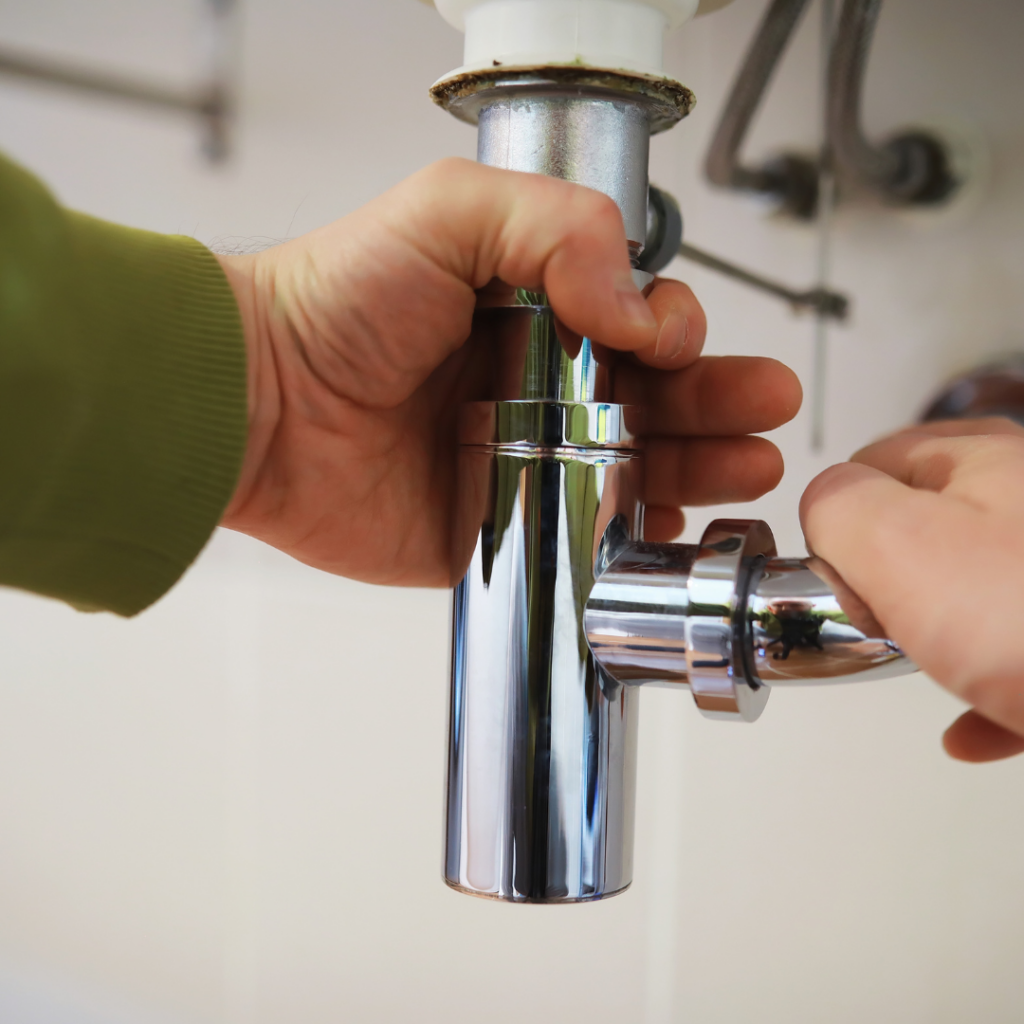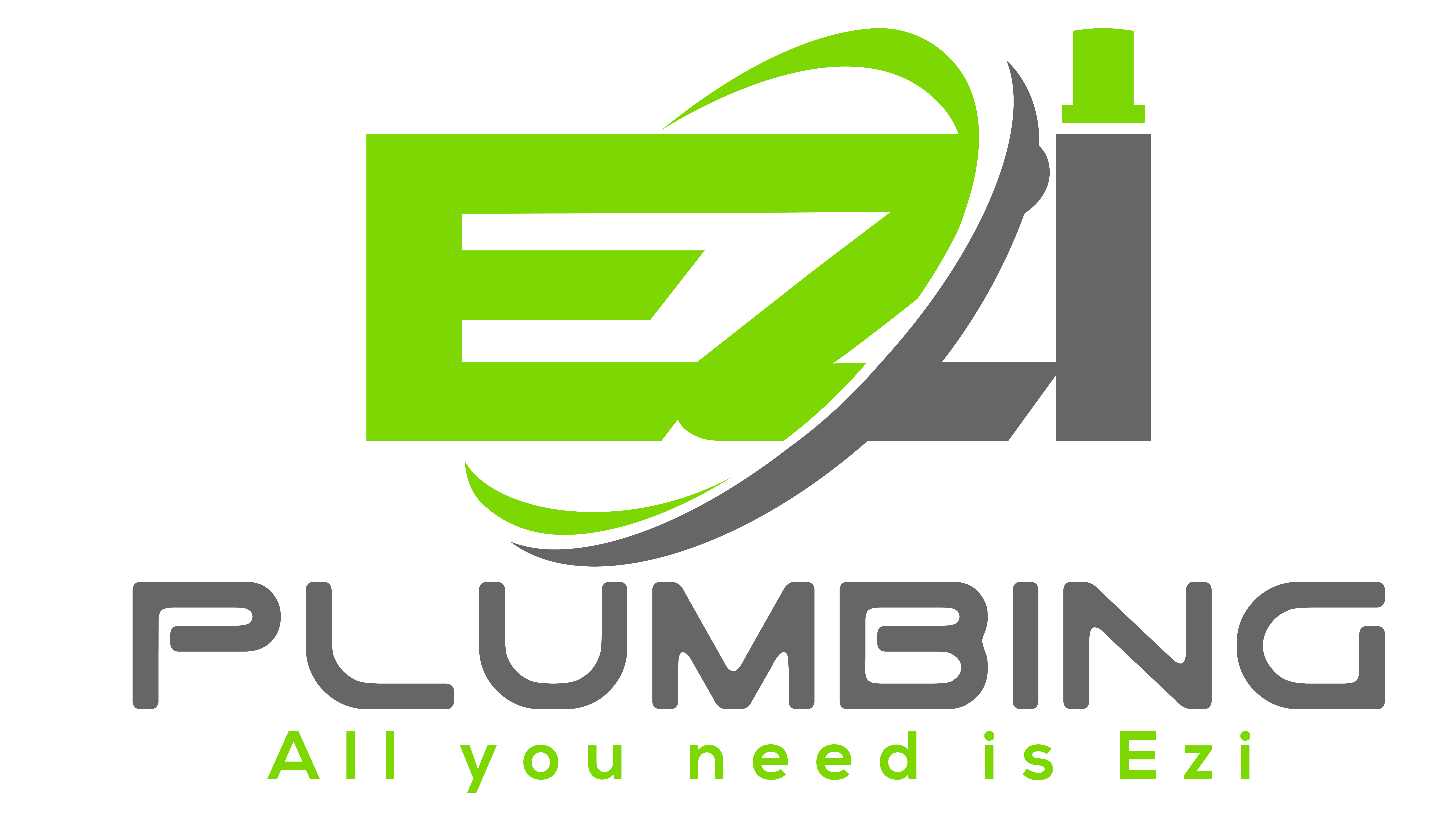Plumbing problems are like unwelcome guests – they always seem to arrive at the most inconvenient times, causing frustration and often costly repairs. Whether it’s a leaky faucet, a clogged drain, or a burst pipe, these issues can disrupt daily life and even cause damage to your home if left unaddressed. However, the good news is that many plumbing problems are preventable with the right knowledge and proactive maintenance.
In this blog post, we’ll explore some of the most common plumbing problems homeowners face and provide practical tips on how to prevent them. By understanding the causes behind these issues and taking preventative measures, you can save yourself the headache of dealing with plumbing emergencies and potentially save money on repairs in the long run. So, let’s dive in and learn how to keep your plumbing system running smoothly for years to come.
Protecting Your Plumbing from Freezing and Bursting

Winter brings picturesque snowfall and cozy evenings by the fire, but it also poses significant risks to your plumbing system. Frozen pipes can lead to costly damage and disruptive leaks if not addressed promptly. In this guide, we’ll explore practical strategies to protect your plumbing from freezing temperatures and prevent the nightmare of burst pipes.
Understanding the Risks
Before we delve into prevention techniques, it’s essential to understand why frozen pipes are a concern. When water inside pipes freezes, it expands, exerting tremendous pressure on the pipe walls. This pressure can cause pipes to crack or burst, leading to water damage and costly repairs. Vulnerable pipes include those located in unheated areas such as attics, basements, and exterior walls.
Insulation Is Key
Proper insulation is your first line of defense against frozen pipes. Insulate exposed pipes in unheated areas using foam pipe insulation sleeves or wrapping them with heat tape. Pay special attention to pipes located near exterior walls, crawl spaces, and attics. Additionally, insulate outdoor faucets and hose bibs with insulated covers to prevent freezing.
Seal Cracks and Gaps
Inspect your home for cracks and gaps that allow cold air to infiltrate and expose pipes to freezing temperatures. Seal gaps around windows, doors, and utility penetrations with caulking or weatherstripping. Use expanding foam insulation to fill larger gaps, especially in areas where pipes are located.
Drain and Disconnect Outdoor Plumbing
Before the arrival of freezing temperatures, drain and disconnect outdoor hoses and irrigation systems. Shut off outdoor water valves and drain any remaining water from pipes and fixtures to prevent freezing and expansion. Store hoses indoors to protect them from damage and prolong their lifespan.
The Importance of Routine Inspections and Maintenance

Routine inspections and maintenance are the unsung heroes of homeownership, quietly ensuring that your plumbing system remains functional and efficient. While it’s easy to overlook the pipes hidden behind walls and beneath floors, neglecting them can lead to costly repairs and extensive water damage. In this comprehensive guide, we’ll delve into the importance of routine plumbing inspections and maintenance tasks, empowering you to protect your investment and maintain a smoothly running home.
Understanding the Plumbing System
Before diving into maintenance routines, it’s essential to understand the basics of your home’s plumbing system. This includes identifying key components such as pipes, fixtures, valves, and appliances. Knowing how these elements work together will help you recognize potential issues during inspections and perform maintenance tasks effectively.
Preventing Costly Repairs
Regular inspections allow you to catch minor issues before they escalate into major problems. For example, a small leak in a pipe can quickly worsen, leading to water damage, mold growth, and structural issues if left unchecked. By conducting routine inspections, you can identify leaks, corrosion, and other issues early on, saving yourself from expensive repairs down the road.
Improving Efficiency
A well-maintained plumbing system operates more efficiently, saving you money on water bills and reducing your environmental footprint. During inspections, you can check for leaks, dripping faucets, and running toilets, all of which waste valuable water. By addressing these issues promptly, you’ll conserve water and lower your utility costs.
Extending the Lifespan of Plumbing Fixtures and Appliances
Just like any other part of your home, plumbing fixtures and appliances require regular maintenance to function optimally and last longer. For example, flushing your water heater to remove sediment buildup can improve its efficiency and prolong its lifespan. Similarly, cleaning aerators and showerheads can prevent mineral deposits and maintain water pressure.
Ensuring Water Quality and Safety
Routine inspections are crucial for ensuring the safety and quality of your drinking water. During inspections, you can check for signs of contamination, such as discolored water or foul odors, which may indicate issues with your plumbing system. Additionally, testing your water for impurities like lead and bacteria can help protect your family’s health.
Extending the Lifespan of Your Hot Water System
Your hot water system is a vital component of your home, providing comfort and convenience for daily tasks like showering, washing dishes, and doing laundry. However, like any appliance, it requires proper care and maintenance to ensure optimal performance and longevity. In this guide, we’ll explore practical steps you can take to extend the lifespan of your hot water system, saving you money on repairs and replacements in the long run.
- Understand Your Water Heater: Before diving into maintenance tasks, it’s essential to familiarize yourself with the type of water heater you have. There are various kinds, including traditional tank water heaters, tankless water heaters, and heat pump water heaters. Each type has its own set of maintenance requirements and potential issues to watch out for.
- Regular Inspections: Make it a habit to inspect your water heater periodically for any signs of wear or damage. Look for leaks, corrosion, or rust on the tank and connections. Check the pressure relief valve to ensure it’s functioning correctly. If you notice any issues during your inspection, address them promptly to prevent further damage.
- Flushing Sediment: Over time, sediment and mineral buildup can accumulate at the bottom of your water heater tank, reducing efficiency and potentially causing damage to the heating elements. Flushing the tank annually helps remove this sediment, allowing your water heater to operate more efficiently and extending its lifespan. Follow manufacturer guidelines or consult a professional plumber for proper flushing procedures.
- Adjust Temperature Settings: Setting your water heater temperature too high not only wastes energy but also accelerates wear and tear on the system. Most manufacturers recommend a temperature setting of 120 degrees Fahrenheit for optimal efficiency and safety. Adjusting your temperature settings can reduce strain on the system and prolong its lifespan.
- Insulate Pipes: Insulating the hot water pipes connected to your water heater helps prevent heat loss as hot water travels through your home. This not only saves energy but also reduces the workload on your water heater, extending its lifespan. Insulation sleeves or tape are readily available at hardware stores and are easy to install yourself.
Conclusion
EZI Plumbing, located in Chain Valley Bay, NSW, Australia, we understand the importance of addressing common plumbing issues promptly to prevent further damage and inconvenience. By employing preventive measures such as regular maintenance, proper usage habits, and timely repairs, we can safeguard your plumbing system from potential problems. Our commitment to providing reliable services and expert advice ensures that our customers can enjoy peace of mind knowing that their plumbing needs are in capable hands. For professional assistance with plumbing concerns or to schedule maintenance, contact us at +61 448467788.

